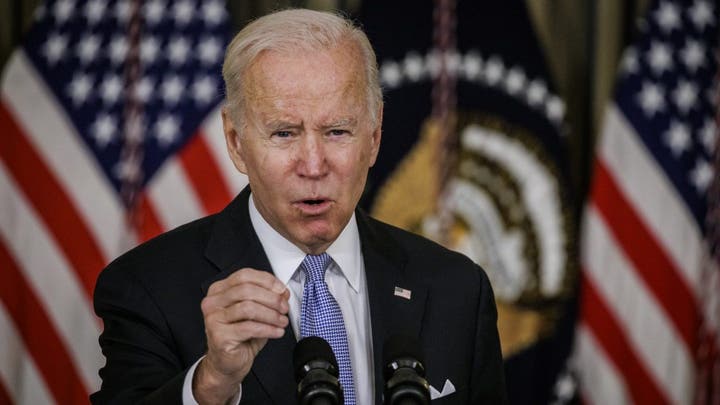Infrastructure Bill Becomes Law
On November 15, President Joe Biden signed the historic one-trillion-dollar Bipartisan Infrastructure and Jobs act into law. This came after a hard-fought congressional victory that saw Democrats utilize their trifecta of power to pass the largest public works bill since the Eisenhower era when the interstate highway system was created. The current bill includes billions to repair the nation’s roads, bridges, highways, ports, airports, trains, and public transportation, as well as invest heavily in clean water, renewable energy, elimination of abandoned mines, transportation equity, and broadband internet availability expansion.
After months of inter-party negotiations following the bill’s passage from the Senate, between Progressive Democrats in the House, led by Congresswoman Pramila Jayapal of Washington, and more Conservative and Moderate House Democrats led by Congressman Josh Gottheimer of New Jersey, the pair finally reached a deal on how to move forward late into the night of Friday, November 5. Soon after the deal was announced, the House passed the bill with all but six progressive Democratic votes and with thirteen moderate Republican votes. The vote capped a display of skilled vote-getting from House Speaker Nancy Pelosi of California, who procedurally signed the bill early the next day. President Biden and Vice President Kamala Harris spent the hours leading up the bill’s passage aggressively and tactfully calling lawmakers across the political spectrum, asking for their votes in an effort that was ultimately successful. As for the New Mexico congressional delegation, both Democratic Senators, Ben Ray Lujan and Martin Heinrich, voted for the bill, and, in the House, newly-elected Democrat Melanie Stansbury of Albuquerque and Democrat Teresa Leger Fernandez of Santa Fe voted for the bill. Republican Yvete Herell of Alamogordo was the lone member of the delegation to vote no.
On November 15, President Biden signed the bill into law at a ceremony on the South Lawn. As he signed the bill, likely to be one of the main pieces of his legacy as President, he was flanked by Vice President Harris, Speaker Pelosi, Leader Schumer, Transportation Secretary Pete Buttigieg, and lawmakers from both sides of the aisle, including Republican Senator Shelley Moore Capito of West Virginia, and Democratic Senator Kyrsten Sinema of Arizona. In remarks during the ceremony, Vice President Harris said that after years of promises from politicians to deliver on infrastructure, they had finally delivered on the American people’s demands. President Biden hailed the victory as proof that Democrats and Republicans can indeed work together on issues critical to the well-being of Americans, one of his main campaign promises.
After months of wrangling and negotiations, President Biden, Vice President Harris, and the two Democratic congressional majorities were able to deliver on a core aspect of the President’s agenda in a sweeping and bipartisan manner. The question now will be how this will affect the President and his party going into next year’s midterm elections, and what will happen to another large social bill, the Build Back Better act, which includes even more of the President’s priorities and is still making its way through the gears of Congress.

Abhishek is a deeply engaged member of the Albuquerque Academy community, part of several government and politics-focused clubs and activities. For the...








:] • Nov 17, 2021 at 7:17 pm
Great Article.